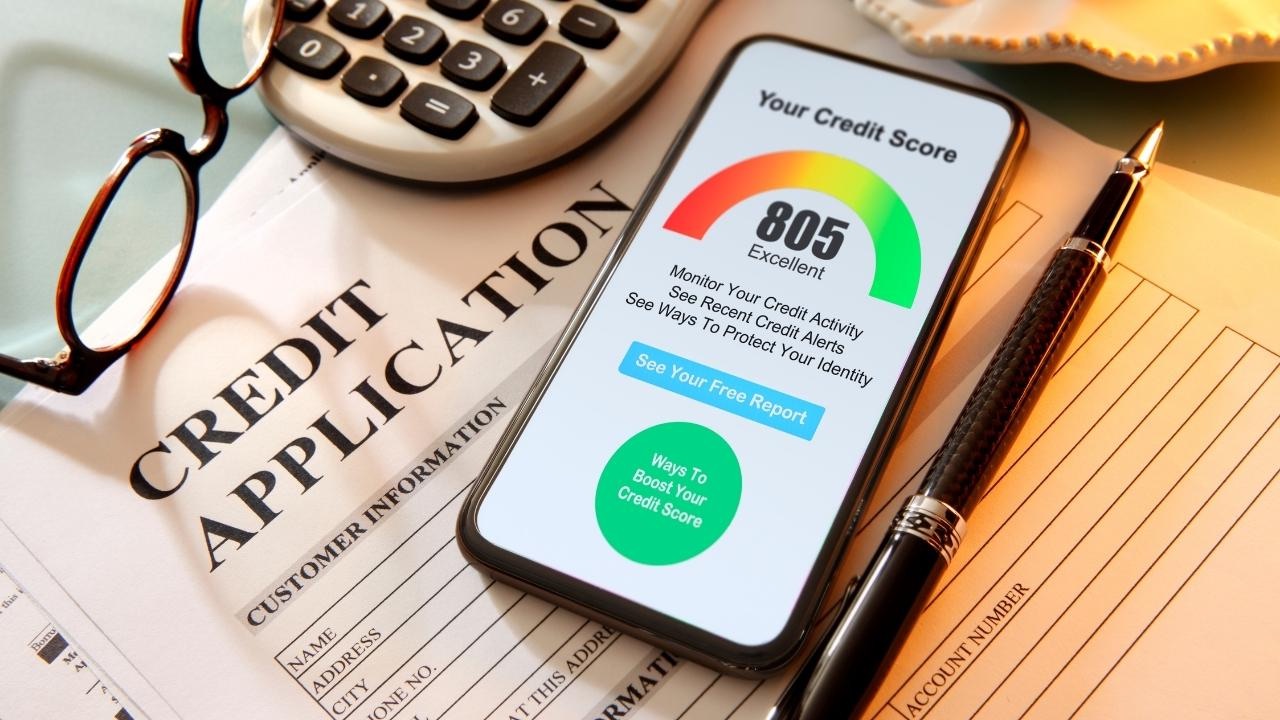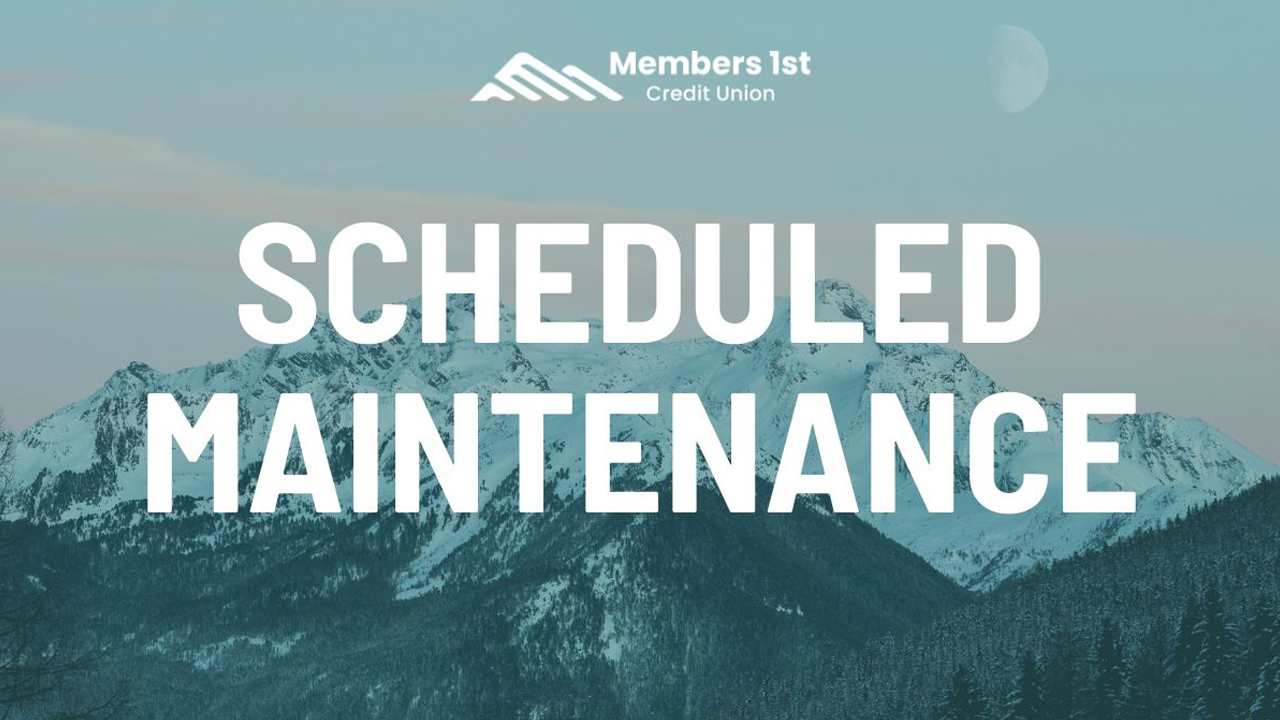
How to get your Free Credit Report
First of all, what is a Credit Report?
Your credit report shows information about you and your history with credit. It includes your accounts, payment history, and sometimes negative marks such as collections if you have them. That information has a powerful impact on your finances, and your credit score, so it’s important to be sure the data is correct and up-to-date.
Credit Reports vs. Credit Scores: What’s the difference?
Your credit reports give a thorough list of your lines of credit and payment history, but they don’t contain your credit score. Credit reports often are several pages long, as they detail your accounts and how diligently you've paid off outstanding balances. Negative information, such as repossessions or bankruptcies, will appear on your credit report too. If you've never had credit accounts, you probably don't have credit reports yet. It’s important to establish a credit history because credit reports can be used to determine an applicants’ eligibility for loans, credit cards, rentals, insurance policies, and jobs.
A credit score is a number that lenders use to evaluate how safe or risky you are as a customer. The kind most commonly used to make credit decisions is the FICO score, which comes in multiple versions, many of them are specialty scores for products such as auto loans or credit cards.
What are the three main consumer credit bureaus?
There are three major credit bureaus that hold your credit files: Equifax, Experian, and TransUnion. Lenders may send information about your credit accounts to one or several of the credit bureaus.
The credit bureaus can only report on the information that’s provided to them. Since lenders are not required to report to all three major credit bureaus, you might find information about certain accounts on one credit report, but not others. Even when lenders do report information to all three major bureaus, they may report that information at different times. Given all the credit information included in a typical credit report, it’s perfectly normal to observe some minor differences between your credit reports.
Hard Inquiries vs. Soft Inquiries
There are two types of credit inquiries that might show up on your credit reports:
A hard inquiry typically occurs when you apply for credit. This happens because a lender or credit card issuer checks your credit as part of their loan decision, and you typically have to authorize them to do so. A single hard inquiry might only have a small impact on your credit scores, but a swarm of new inquiries in a short period of time could make you appear risky to potential lenders. In some cases, multiple hard credit inquiries are treated as a single inquiry, say, when you’re shopping around for an auto or home loan within a short period of time.
A soft inquiry may or may not show up on your credit reports, depending on the bureau. These typically occur when you check your own credit, or when a person or company checks your credit as part of a background check or prequalification. Unlike hard inquiries, soft inquiries do not affect your credit scores.
How to get your FREE Credit Report
Due to the COVID pandemic, federal law increased consumer access to their credit report to weekly access from all three major credit bureaus. This increased level of access expires April 20, 2022 and returns to the standard 12-month annual access.
Using the government-mandated AnnualCreditReport.com website is the quickest way to access your credit report from all three major credit bureaus, but you can also request them by phone or mail. Credit reports are available once a year for free to help consumers manage their finances. And, no, checking your free credit reports will not hurt your credit. This is considered a soft inquiry.
How can I find and dispute errors on my credit reports?
Reports sometimes have errors, so it’s important to examine them carefully and dispute any mistakes you find with the company that issued the report.
Errors worth disputing include a payment mistakenly reported late when you have proof you paid on time, wrong account information, negative marks that are too old to still show up on your reports, accounts you don’t recognize, or addresses you’ve never lived at. It’s typically not worth the time to dispute small mistakes such as a misspelled employer name or old phone number; those don’t affect your credit and the credit bureaus are not required to investigate “frivolous” claims. There is no cost to dispute credit report errors, and you can dispute as many items as you like. Filing a dispute does not hurt your credit score, but the result of the dispute may have an effect on your score. All three credit bureaus have an online dispute process which is usually the quickest way to fix a problem.
How to dispute Equifax credit report errors
-
Use the Equifax online portal.
How to dispute TransUnion credit report errors
-
Use the TransUnion dispute online help page.
How to dispute Experian credit report errors
-
Use the Experian online dispute form.
You can also write a letter or call. (You may not be able to complete your dispute over the phone.) Once you file a dispute, the bureaus have to investigate it and then tell you the outcome in writing. Under most circumstances, the bureaus have to respond within 30 days.


.jpg)
.jpg)
